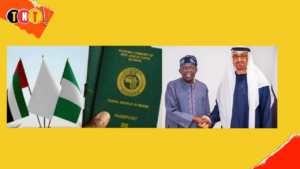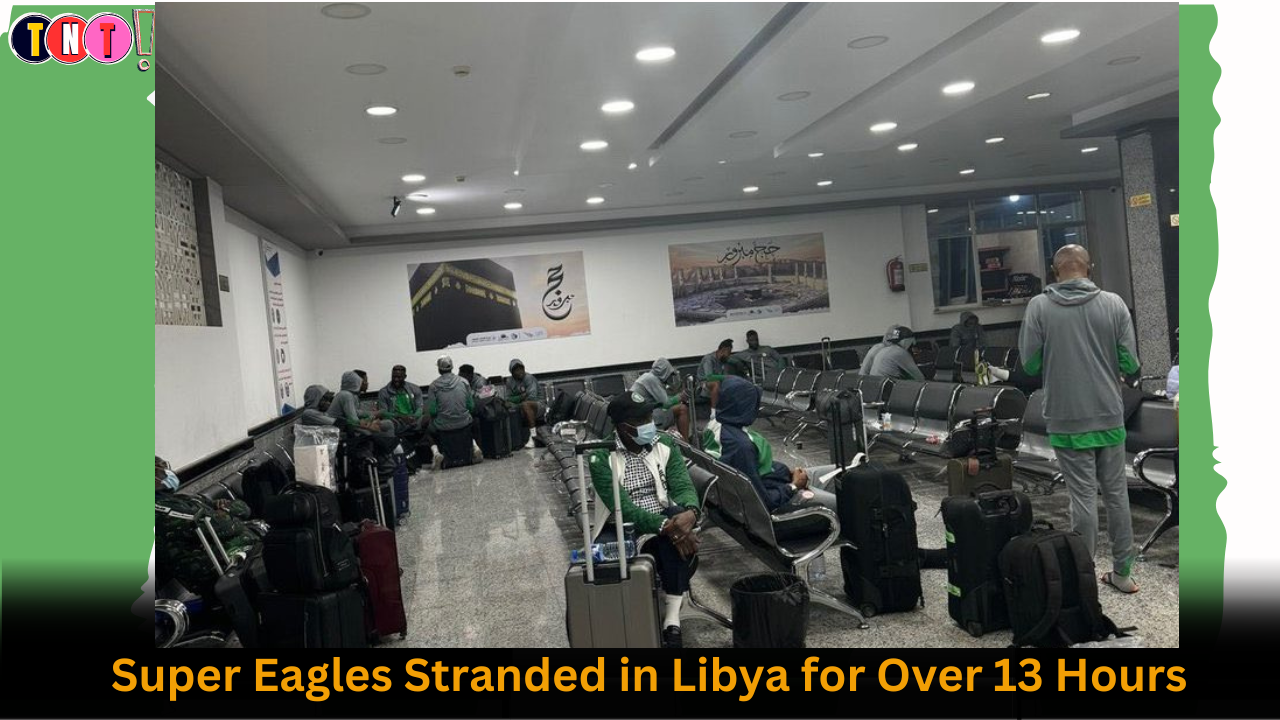The saga of the visa ban imposed by the United Arab Emirates (UAE) on Nigerian citizens has been a source of considerable confusion and controversy. In a recent twist, fresh claims have emerged suggesting that the Nigerian government may have misled its citizens about the lifting of the UAE visa ban. The controversy continues to unfold as more details come to light, raising questions about transparency and the handling of diplomatic relations.

The Initial Ban and Its Impact
In October 2022, the UAE imposed a visa ban on Nigerians and citizens of 19 other African countries. This move was part of a broader policy to regulate immigration and address issues related to overstays and illegal activities. The ban severely affected travel and diplomatic relations between Nigeria and the UAE, leading to the suspension of flights by Emirates Airlines due to financial disputes and difficulties in repatriating revenues from Nigeria.
Claims of Lifting the Ban
In early 2024, news emerged that the visa ban had been lifted following discussions between Nigerian President Bola Tinubu and UAE President Sheikh Mohamed bin Zayed Al Nahyan. Reports suggested that the UAE had agreed to resume issuing visas to Nigerians and that Etihad and Emirates Airlines would restart their flight operations to Nigeria immediately. This information was widely shared and celebrated, with many viewings it as a significant diplomatic achievement.
Refutations and Clarifications
However, these claims were soon debunked. Bayo Onanuga, the Special Adviser on Information and Strategy to the President, clarified that the UAE had not resumed issuing visas to Nigerians. He stated that the document circulating about the lifting of the ban was not authorized by either the Nigerian government or the UAE. Onanuga’s clarification was further supported by UAE officials, who confirmed that no changes had been made to the visa policy for Nigerian travelers.
New Allegations of Deception
Recent allegations suggest that the Nigerian government may have intentionally misled the public about the lifting of the visa ban. Critics argue that the premature announcement was a tactic to garner positive public sentiment and political support. These new claims have fueled public skepticism and criticism of the government’s handling of the situation.
Analysis of the Allegations
The allegations of deception raise several critical issues:
- Transparency and Trust: The credibility of the Nigerian government is at stake, as misleading the public on such a significant issue can erode trust and confidence.
- Diplomatic Repercussions: False claims about diplomatic negotiations can strain relationships between countries and complicate future diplomatic efforts.
- Public Sentiment: The Nigerian public’s reaction to these allegations could lead to increased scrutiny of government actions and demands for greater accountability.
Current Status and Way Forward
As of now, the UAE visa ban on Nigerians remains in place. The Nigerian government has yet to give us the current state of the issue, Nigerians are eagerly waiting for their response. Moving forward, it is crucial for the government to maintain transparency and provide accurate information to the public.



